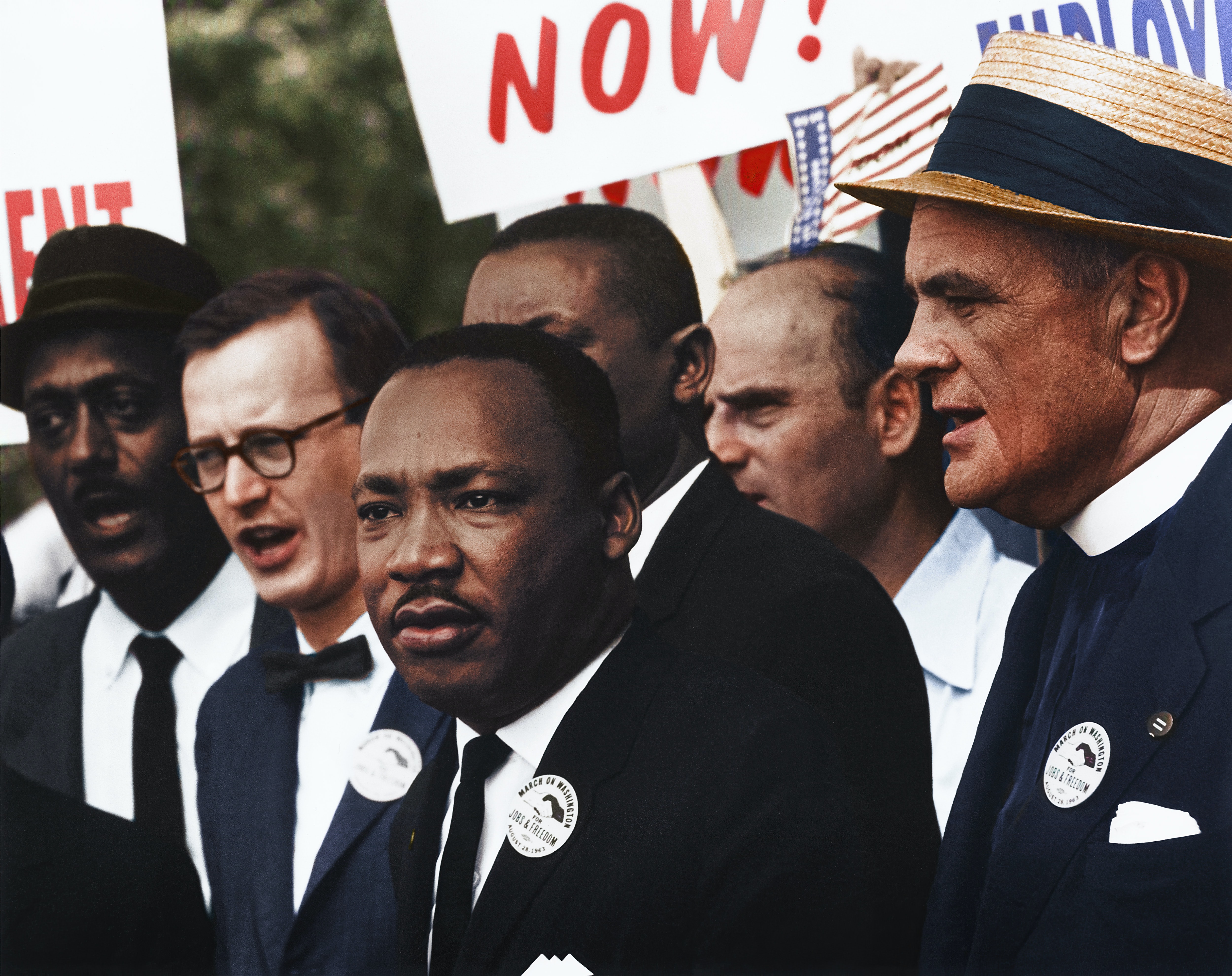
Life’s most persistent and urgent question is ‘What are you doing for others?’
Martin Luther King Jr.
As we celebrate Martin Luther King Jr.’s birthday today, we can learn a lot about coalition building from him and his work. As a leader, he knew how to build coalitions, engage his members and interacted positively with others.
Positive interactions are critical to catalyzing coalition members toward working together well to achieve common goals. Although I never had the opportunity to meet Dr. King, from what I have learned, he was always focused on the “high road” and interacting positively with others. Even when his opponents were difficult, condescending, controlling, passive-aggressive or disinterested, he did not choose to act like them. He chose to be understanding, honoring, collaborative, direct and extremely interested in others.
Join me this week as we highlight three aspects of interacting positively with others that Dr. Martin Luther King Jr. modeled for us.
- Listen. One of the most important things we can learn from Dr. King in leading coalitions – or in any relationship – is to listen, really listen. When we focus on listening, recognizing and understanding others, we are able to interact positively with them. We all want to be heard and want our perspectives considered. In order to advocate for positive change and social justice, he had to listen in order to really understand the needs of his community and coalition. When we focus on listening to our communities and coalition members, we will be able to interact more positively with them because we will better understand them.
- Share credit. A second concept that helped him interact positively with others was his ability to share credit. He knew that no one person or organization could take credit (though we can give him lots of credit today!). He was willing to focus on the “contribution” of many people’s efforts rather than “attribution” of one or two people or organizations. As coalition leaders, we can follow his example by sharing credit and truly collaborating so that everyone in the coalition could take credit for the collective success.
- Be encouraging. A third attribute of Dr. King that we can apply (though there are MANY more) is to be encouraging. I cannot imagine how difficult it must have been for him to find positive and encouraging things to say and even strengths to highlight in some of the people around him, but he did it! And this practice made a big difference in his ability to build relationships and interact positively with others. As coalition leaders, we can find ways to encourage others with our words and our face. We can consider specific and sincere ways to support and build them up – even if some of these coalition members have been difficult to work with in the past. We can all continue to work on interacting positively with others. This can be particularly difficult with those who challenge us or think very differently than we do. However, if we want to build and maintain coalitions in order to make collective impacts, it’s critically important!
Let’s particularly honor Dr. Martin Luther King Jr. this week by thinking of ways to interact positively with others!
If you enjoyed this post and would like to practice this further, you may also like my free worksheet on Emotional Intelligence and Coalition Building.
If you missed my Facebook Live on this post, check it out here!
Photo by Unseen Histories on Unsplash

